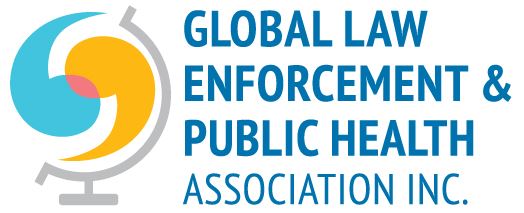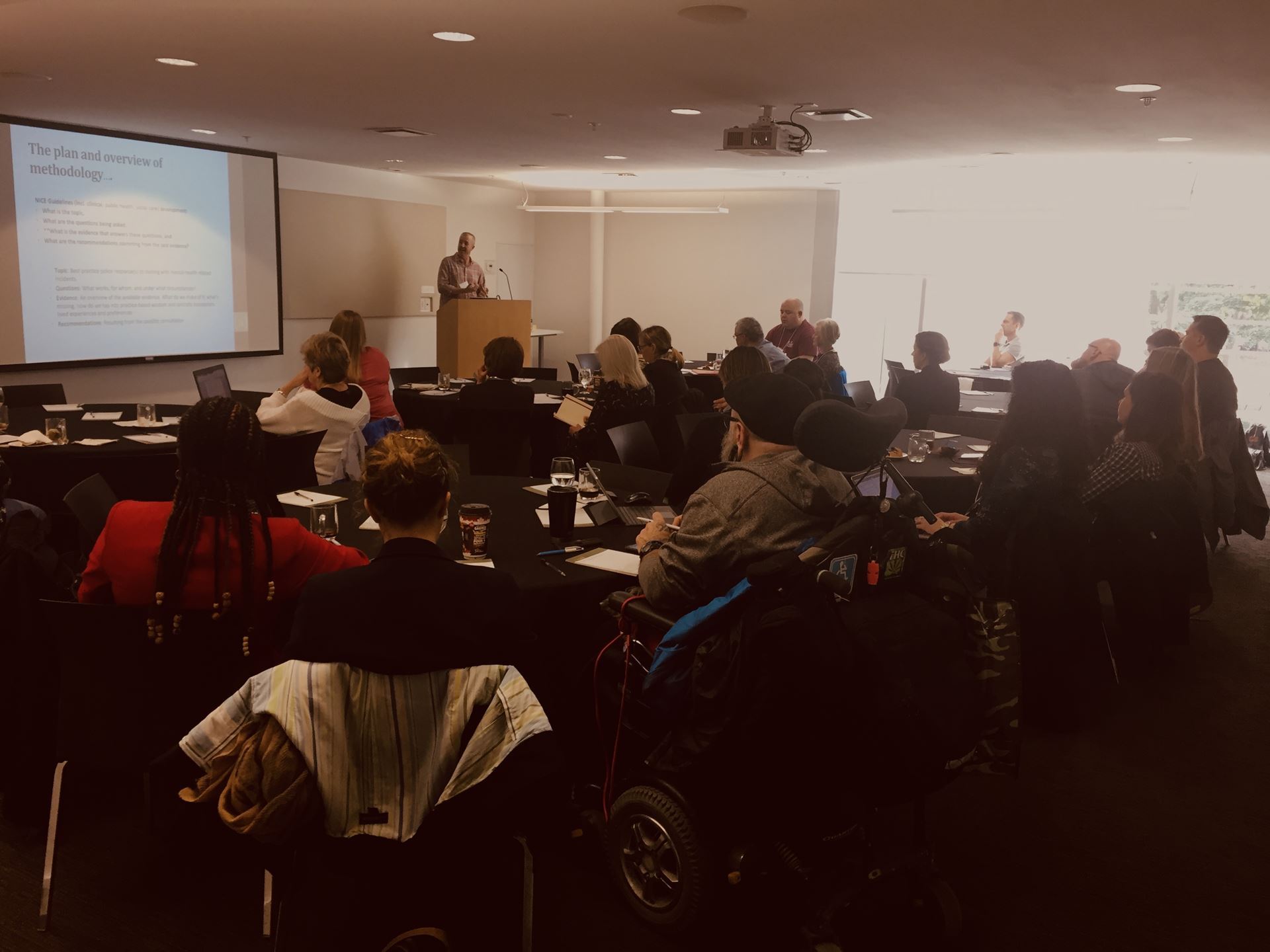The Law Enforcement and Mental Health Special Interest Group (LEMH SIG) aims to improve the outcomes of police responses to incidents involving people who may be experiencing a mental health crisis in the community. The LEMH SIG brings together the combined expertise and practical wisdom of people with lived experience of mental illness and their carers/families, police officers, mental health practitioners, academics and policy experts. The philosophy guiding these international and multidisciplinary collaborations is based on a “local problems, global solutions” mantra which recognises that innovative and best-practice solutions to the issues common at the intersection of policing and people who experience mental distress that each community faces are best addressed through close collaboration with other communities. Through sharing information about innovative approaches, the latest research, and lived experience of best outcomes at this intersection, we hope that communities can come together to find and maintain progress in this area. The LEMH SIG meet annually in different global locations to address the issues relevant and specific to that context. High level summaries are drafted and made publicly available through this website. For instance, in 2018 we met in Toronto, Canada, with the ultimate goal of this consultation being to develop a Best Practice Guideline regarding policing models of responding to mental health-related incidents. In 2019, the LEMH SIG met in Edinburgh, Scotland, where the focus was to develop plans for best inter-agency practices for dealing with mental health and distress in or around the emergency department, and for these to be applicable to national and international implementation. LEMHSIG Guideline - Police Management of Mental Health Crises in the Community This guideline aims to improve the outcomes of situations where police respond to people who are experiencing mental health crises in the community. This guideline focuses on: i) enhancing police responses to managing mental health crises, and ii) improving partnerships with people with lived and living experience of mental health issues and community mental health services. Although this guideline’s focus is on the police management of mental health crises, it is imperative to emphasise the need for the public MHS to: i) improve mental health promotion and early intervention to prevent and decrease the occurrence of mental health crises, ii) develop alternatives to police involvement when mental health crises do occur, and iii) enable appropriate and timely follow-up care and treatment for people who experience mental health crises in the community.
LEMHSIG developing the guidelines, Toronto 2018.
LEMHSIG developing the guidelines, Toronto 2018 |





